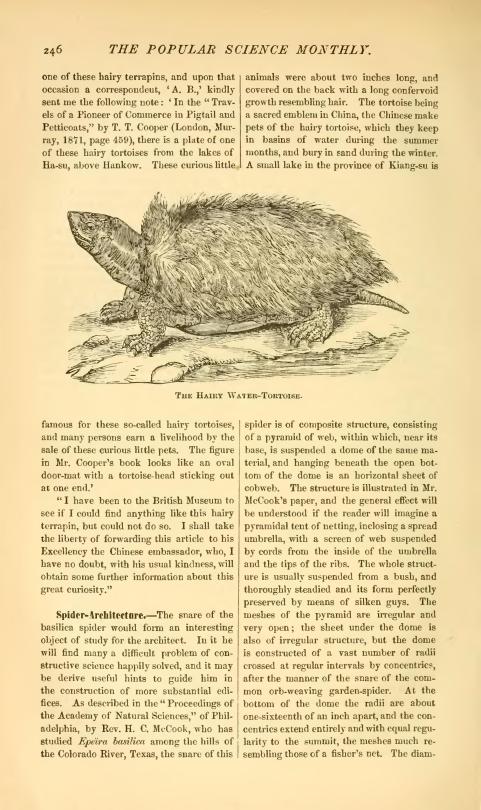Ox-head School, 絕觀論 Jue guan lun (Treatise on Cutting off Discernment)
[1] They’re both empty designations.
[2] That is, they do not correspond to something real or correlate to anything in reality.
[3] That without self [i.e. that which is empty of substance] is the Buddha and the Way; this means abandoning any notions of substance, essence, absolute, or foundation behind things, particularly in regards to the self (including notions of a monist self, an individual self, a transcendental self, and so on).
***
Los hombres ordinarios 'y' Buda 'son a la vez sólo nombres. Como nombres iguales, no hay diferencia [1]. Es como si uno estuviera hablando sobre el cabello de una tortuga o sobre los cuernos de una liebre [2] ... Yo digo que no hay tal cosa como los cabellos de una tortuga, pero yo no estoy indicando de que no existe una tortuga ... [esta] tortuga es análoga a la Vía y los pelos apuntan hacia el yo. Buda es sin yo y por lo tanto es la Vía[3]. Los hombres comunes están obsesionados con los nombres y el yo -esta es la forma en que se diferencian del Buda y así están convencidos de que la tortuga tiene pelos y de que la liebre tiene cuernos.
[1] Los dos son designaciones vacías.
[2] Es decir, que no se corresponden con algo real o se correlacionan con nada en realidad.
[3] Que sin yo [es decir, lo que está vacío de contenidos] es el Buda y el Camino; esto significa abandonar cualquier noción de sustancia, esencia, absoluto, o fundamento detrás de las cosas, sobre todo en lo que respecta a lo propio (incluyendo nociones de un yo monista, un yo individual, un yo trascendental, y así sucesivamente).
ox-head.tumblr.com
y la ciencia popular china cree en una tortuga con pelo:
 |
| one of these hairy terrapins, and upon that occasion a correspondent, ‘A. B.,’ kindly sent me the following note: 'In the “Travels of a Pioneer of Commerce in Pigtail and Petticoats,” by T. T. Cooper (London, Murray, 1871, page 459), there is a plate of one of these hairy tortoises from the lakes of Hasu, above Hankow. These curious little animals were about two inches long, and covered on the back with a long confervoid growth resembling hair. The tortoise being a sacred emblem in China, the Chinese make pets of the hairy tortoise, which they keep in basins of water during the summer months, and bury in sand during the winter. A small lake in the province of Kiang-su is famous for these so-called hairy tortoises, and many persons earn a livelihood by the sale of these curious little pets. The figure in Mr. Cooper’s book looks like an oval door-mat with a tortoise-head sticking out at one end.’"I have been to the British Museum to see if I could find anything like this hairy terrapin, but could not do so. I shall take the liberty of forwarding this article to his Excellency the Chinese ambassador, who, I have no doubt, with his usual kindness, will obtain some further information about this great curiosity.“ |
No hay comentarios:
Publicar un comentario